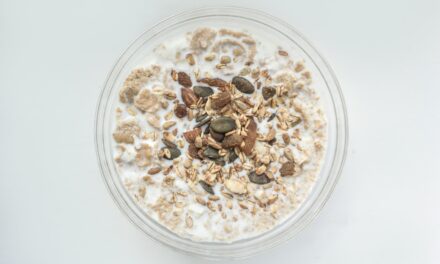Good health hinges not only on diet and exercise but also on quality sleep. A new study from Finland’s University of Helsinki explores the intricate relationship between fruit and vegetable consumption and sleep duration, shedding light on potential impacts for public health.
Sleep is crucial for bodily rejuvenation and mental well-being. Research underscores its role in maintaining cardiovascular health, cognitive function, and overall mortality rates. Despite its importance, insomnia and shortened sleep durations are increasingly prevalent, influenced by factors ranging from stress to dietary habits.
Published in Frontiers in Nutrition, the study analyzed data from the National FinHealth 2017 Study involving 5,043 Finnish adults. Participants reported their dietary habits, sleep patterns, and chronotypes (preferences for activity timing). Results categorized sleepers into short (less than 7 hours), normal (7-9 hours), and long (9+ hours) sleep durations.
The findings revealed significant associations between fruit and vegetable intake and sleep duration categories. Normal sleepers exhibited higher consumption across all sub-groups compared to both short and long sleepers. Notably, differences were observed in the intake of green leafy vegetables, root vegetables, and various fruits between these groups.
Chronotypes, though influencing daily routines, showed minimal impact on dietary choices related to sleep duration. This suggests that sleep duration itself may be a stronger determinant of dietary behavior than chronotype preferences.
“The study provides valuable insights into how dietary choices, particularly intake of specific fruits and vegetables, correlate with sleep duration,” commented lead researcher Anupa Thapa. “Understanding these links can inform targeted interventions to improve public health outcomes.”
Despite recommendations for daily fruit and vegetable intake, many adults fall short. Only a fraction of Finnish adults meet the Nordic Council’s advice of 500-800 grams daily. This shortfall underscores the need for enhanced nutritional education and interventions to promote healthier dietary habits and improve sleep quality.
Further longitudinal studies are recommended to explore these associations more comprehensively, potentially offering tailored strategies for populations facing similar health challenges globally.
In conclusion, the study highlights the critical interplay between dietary habits and sleep, urging for integrated approaches to enhance both aspects of public health. As research continues, bridging gaps in understanding could pave the way for more effective health interventions worldwide.











